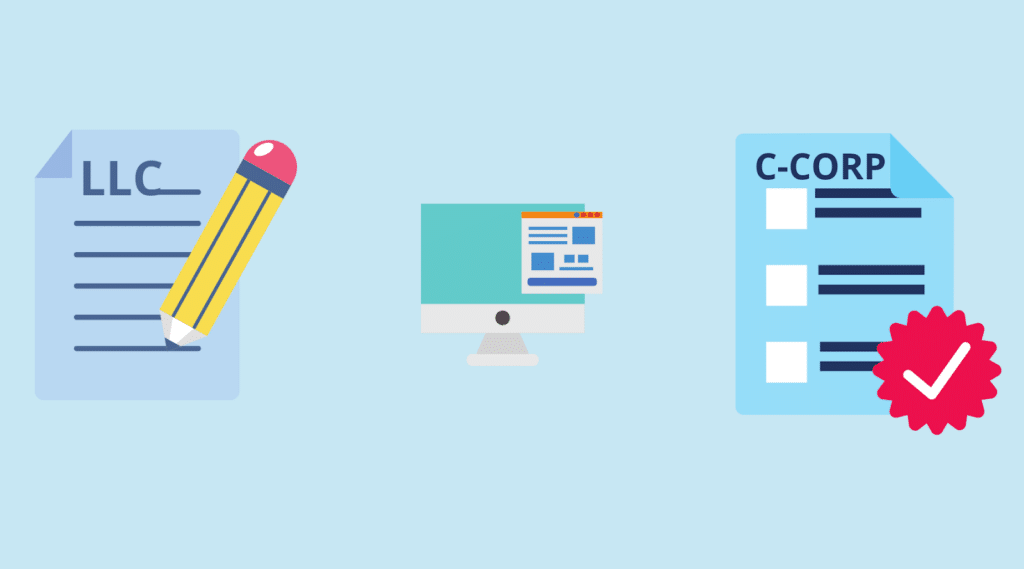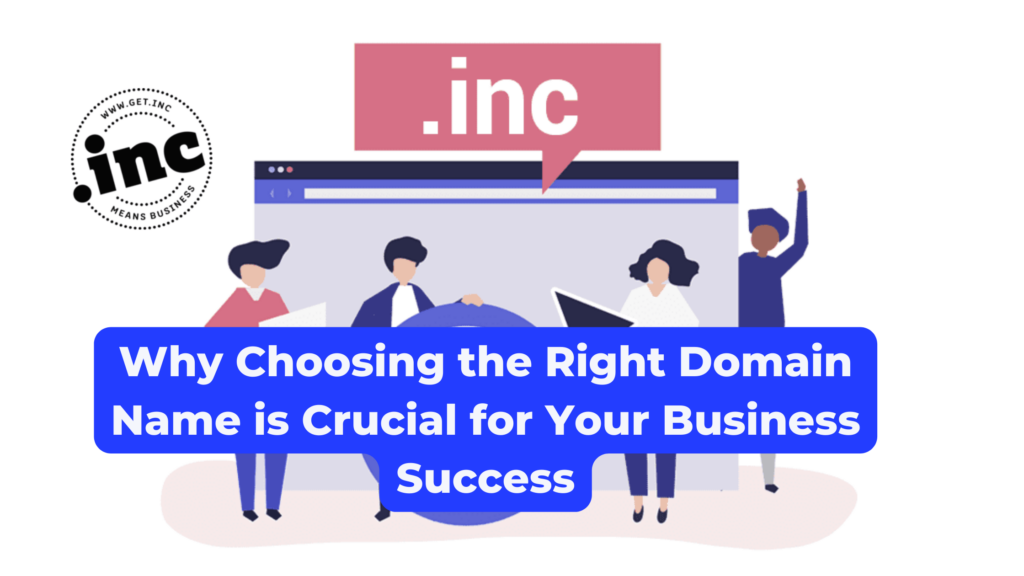Starting a business in the United States as a non-resident entrepreneur can be a lucrative opportunity, but it often comes with its own set of challenges, particularly when it comes to financial infrastructure. One of the first hurdles you’ll face is opening a U.S. business bank account. This guide will walk you through the essential requirements and benefits of having a U.S. business bank account as a foreign entrepreneur, enabling you to navigate the process with ease.
Why Open a U.S. Business Bank Account?
Before diving into the requirements, it’s essential to understand why a U.S. business bank account is indispensable for foreign entrepreneurs:
- Credibility and Trust: A U.S. business bank account enhances your credibility with U.S. clients and suppliers, showcasing your commitment to the U.S. market.
- Efficient Transactions: It allows for seamless transactions, reducing foreign exchange fees and accelerating payment processing.
- Tax Compliance: Easier management of business-related finances can streamline your U.S. tax obligations.
- Access to Financial Services: Having a bank account paves the way for obtaining credit lines, loans, and other financial services crucial for business growth.
Essential Requirements for Opening a U.S. Business Bank Account
1. Form a U.S. Business Entity
Establishing a U.S. business entity is the first fundamental step:
- Incorporation: You must incorporate your business in the U.S., typically as a Limited Liability Company (LLC) or Corporation. This involves choosing a state to incorporate in and registering your business there.
- Documentation: Obtain your Articles of Incorporation or Organization, which are essential for opening a bank account.
2. Obtain an Employer Identification Number (EIN)
Securing an EIN is a critical process:
- EIN Application: An EIN, similar to a social security number for businesses, is necessary for tax reporting and is often a prerequisite for opening a bank account. You can apply for an EIN through the IRS.
3. Provide Personal Identification
Identification is another crucial necessity:
- Passport or Government-issued ID: Non-residents will need to provide valid personal identification such as a passport.
4. Provide Business Documentation
Prepare to submit detailed business documents:
- Operating Agreement or Bylaws: Depending on your business structure, you may need to provide either an Operating Agreement (for LLCs) or Bylaws (for Corporations).
- Proof of Business Address: Some banks may require proof of a U.S. business address, which can often be an office address or a virtual office setup.
5. Initial Deposit
Financial preparation includes:
- Minimum Deposit: Banks typically require an initial deposit to open the account. The amount can vary, so it’s essential to check with the specific bank.
6. Personal Visit to the U.S.
Many banks require physical presence:
- Bank Policies: Many U.S. banks require that signers be present in person to open an account. Be prepared to plan a visit to fulfill this requirement, although some financial institutions are now offering remote account setup options due to pandemic-induced shifts.
Selecting the Right Bank
Choosing the right bank can significantly impact your business operations. Consider the following factors:
- Fees and Charges: Compare the fee structures of different banks, including maintenance fees, transaction fees, and foreign exchange costs.
- Online Banking Services: Evaluate the bank’s digital platform for ease of use, especially if you manage your finances remotely.
- Client Reviews and Support: Look for banks that are known for excellent customer service, especially for international clients.
Navigating Challenges and Solutions
Opening a U.S. business bank account may come with its own set of challenges, especially for non-residents. However, understanding the requirements and potential workarounds can make the process smoother:
- Language Barriers: Ensure you have language support when dealing with account setup to avoid misunderstandings.
- Comprehensive Financial Services: Consider engaging with financial service providers that offer comprehensive solutions, from company formation to banking assistance.
Conclusion
Opening a U.S. business bank account as a foreign entrepreneur is a strategic move that can help pave the way for business growth and easier management of U.S. operations. By understanding the requirements and choosing the right partners, you can simplify the process and establish a robust financial foundation for your U.S. venture.
Keep your documentation in order, research your options, and plan any necessary travel to ensure a smooth banking experience. With these steps accomplished, you will be well on your way to achieving your entrepreneurial goals in the U.S. market. For detailed assistance with business formation and navigating these processes, sign up Clemta, where expert guidance is readily available.







